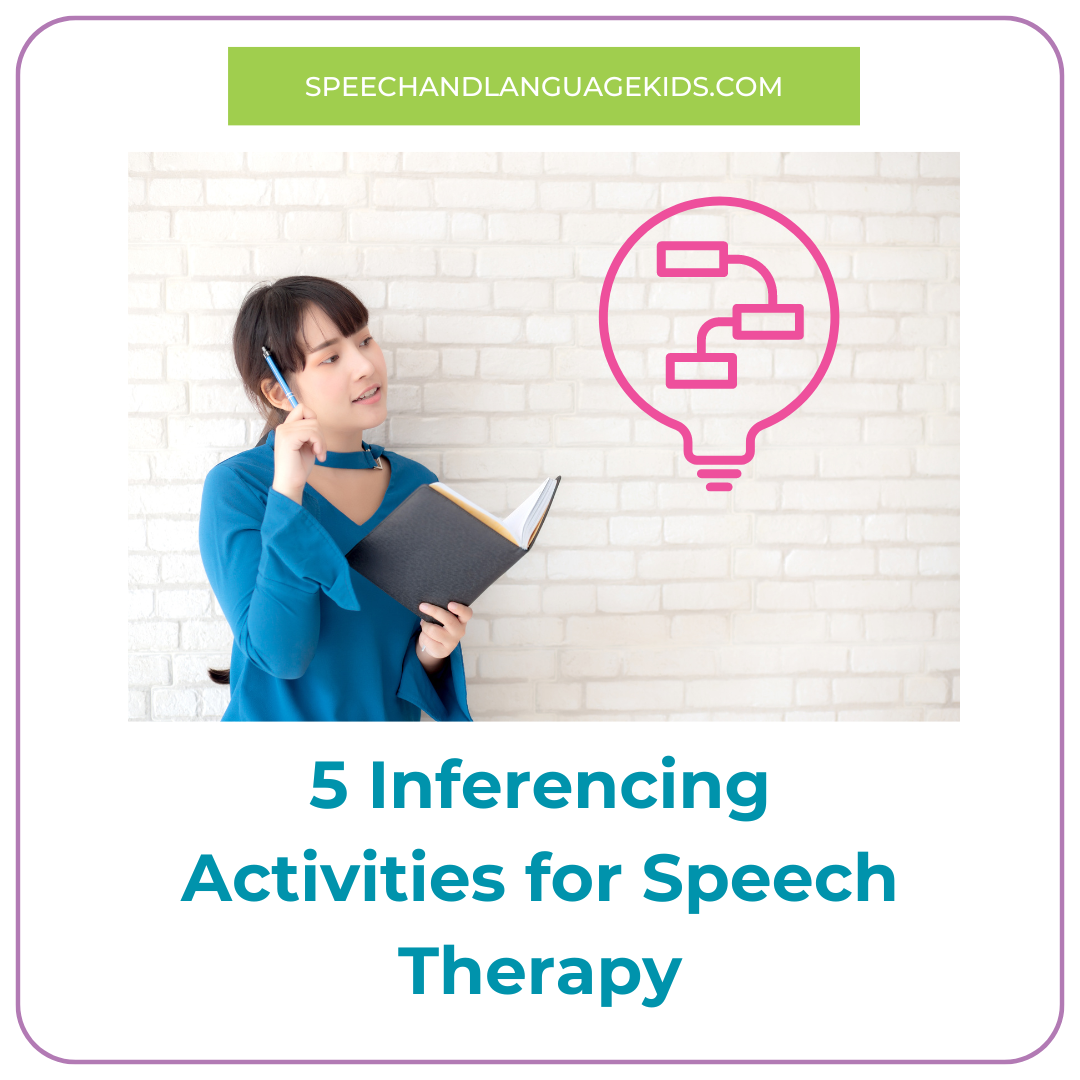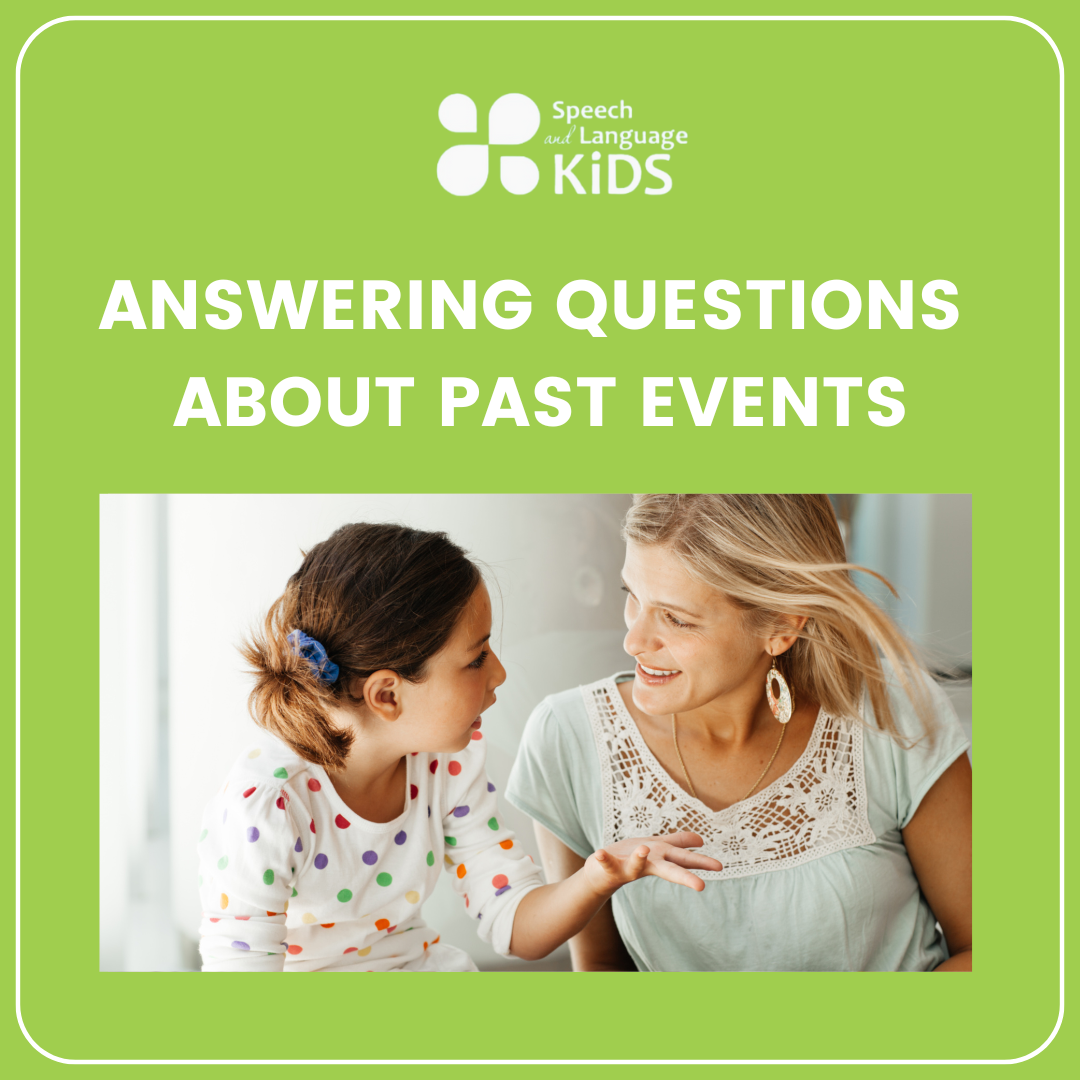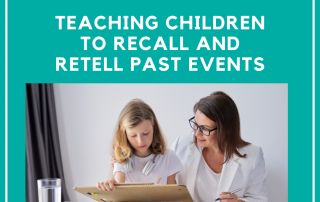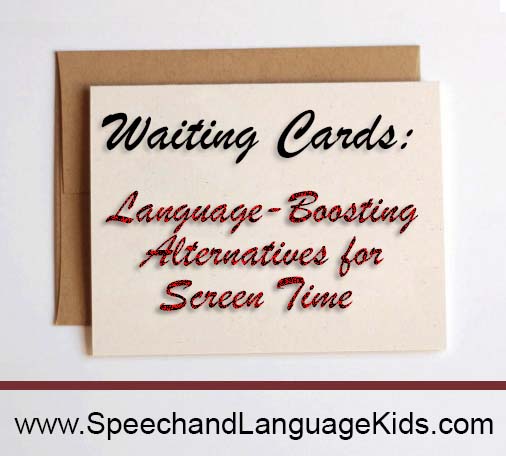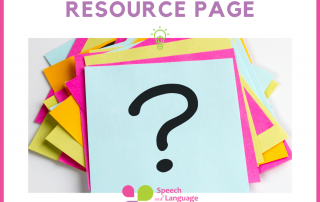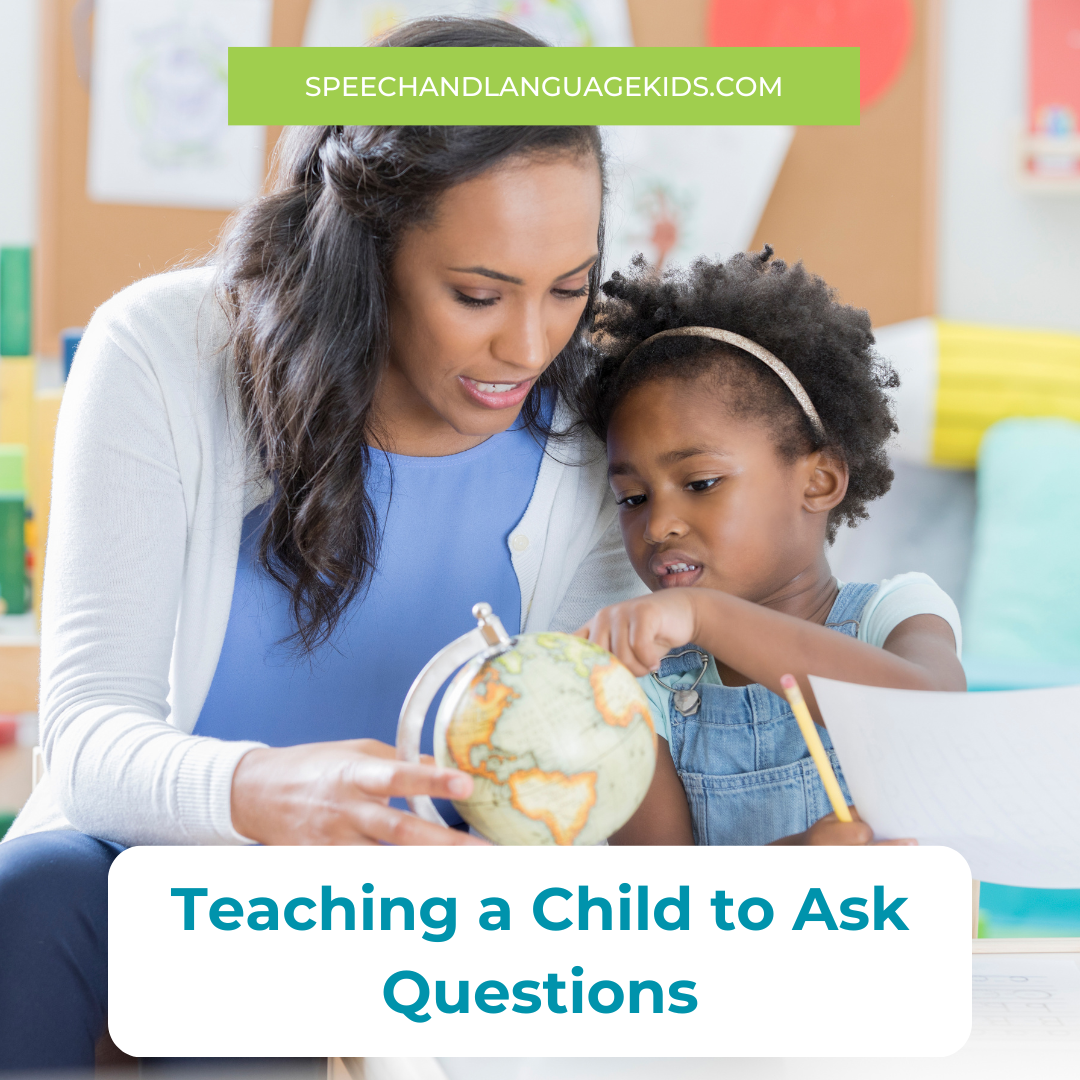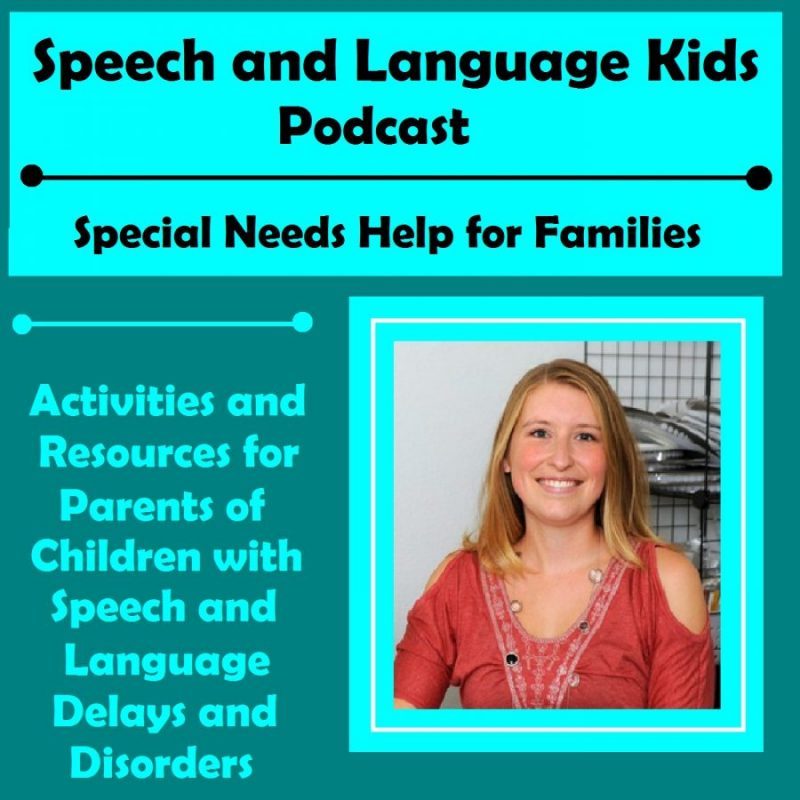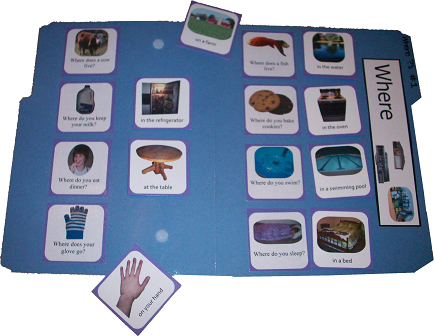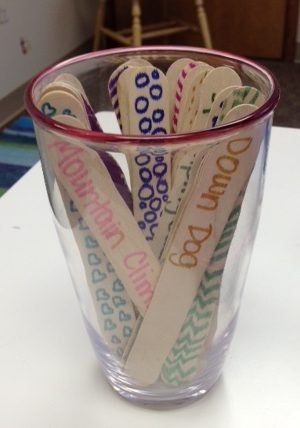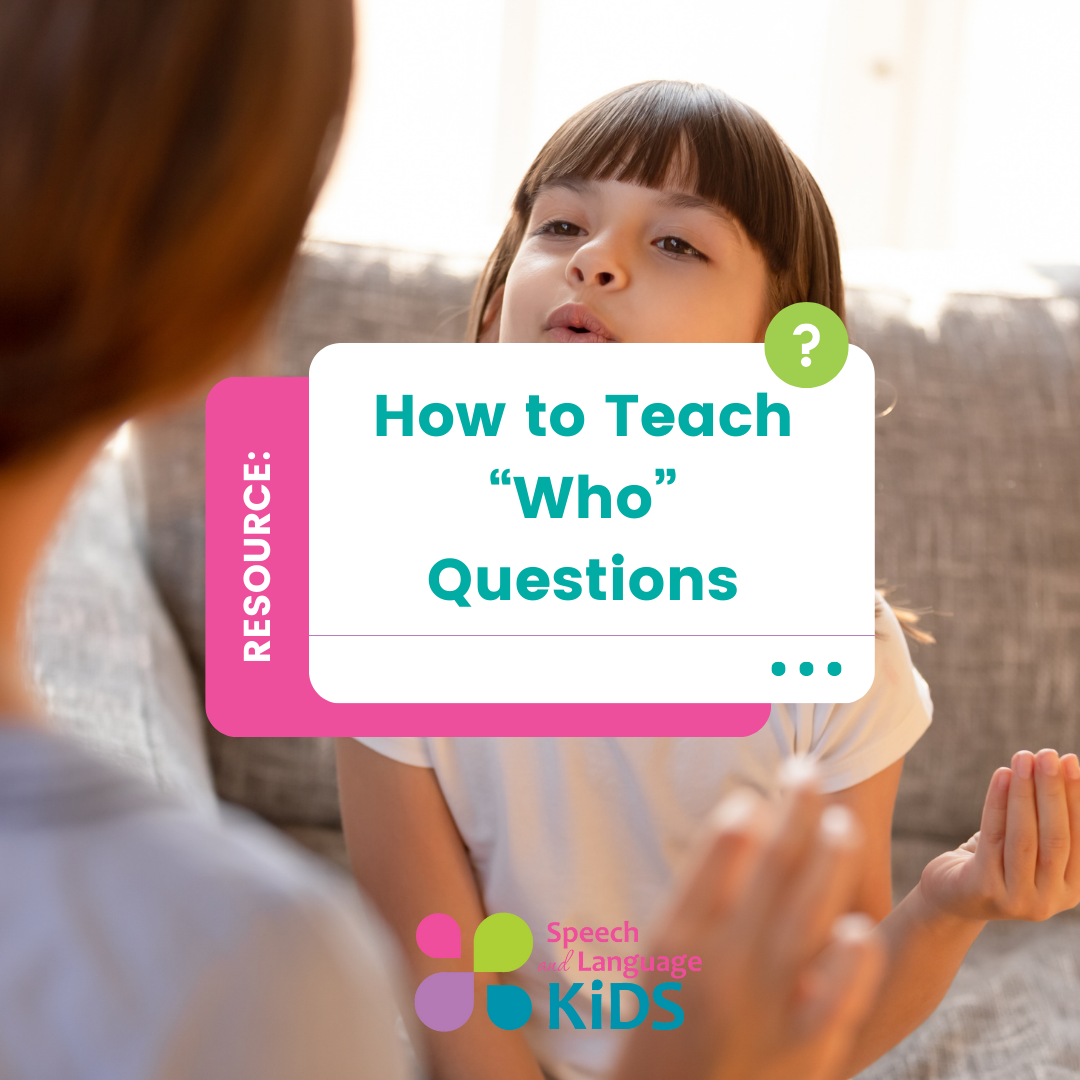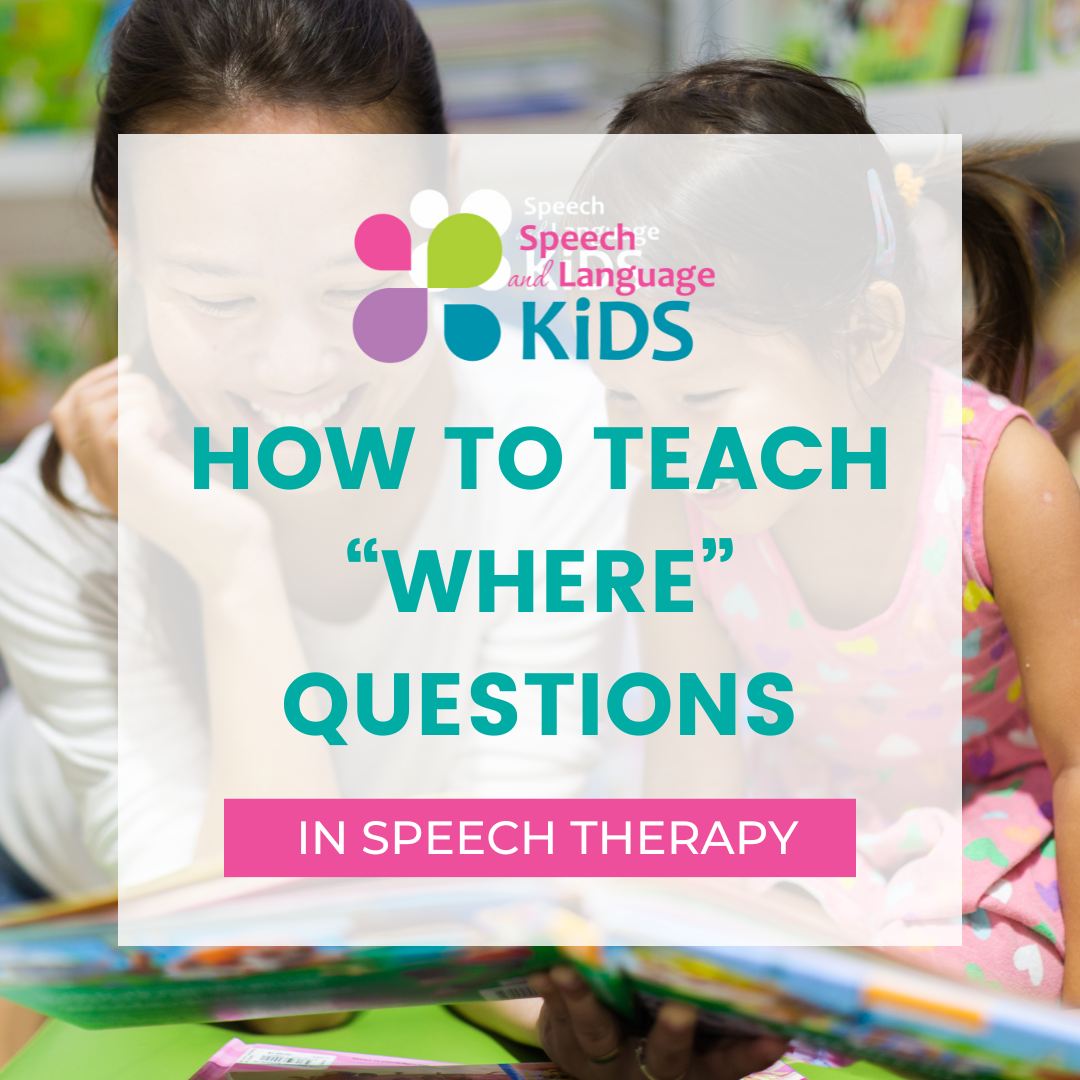Topic:
Resource Type:
Results:
The SLK Curriculum: A Proven System for Speech/Language Therapy
The SLK Curriculum Stop wasting time cobbling together random materials. Get the repeatable system that WORKS! Try it Free for 7 Days! Instant access. No risk. Cancel anytime. Get the Tour! 👀👇 Quit searching for "fresh ideas". You don't need to spend your
Announcing: Summer Camps and Teams Program
Announcing: Summer Camps and Teams Program In this short and exciting update episode, Carrie Clark announces two brand new virtual summer camp experiences inside the Speech and Language Kids Hub—one for parents & caregivers, and one for SLPs and related professionals! Plus, get an exclusive sneak peek at the
5 Inferencing Activities for Speech Therap
5 Inferencing Activities for Speech Therapy An inference is when you use clues present (in text or in real life) along with your background knowledge to make a guess about something that's not explicitly known. For example, if you see an "out of order" sign, you can use
Teaching Children to Answer Questions about Past Events
In this video, speech-language pathologist Carrie Clark shows you how to teach a child to answer questions about things that have already happened. #speechieshow 1.) Make sure child understands how to answer questions about immediately present Knows what each wh- word means Ask about what they are
Story Recall and Recalling Past Events | Speech Therapy Activities
Story Recall and Recalling Past Events | Speech Therapy Activities Can you recall and retell a story you've heard? Can you retell a past event in a way that makes sense? Difficulty with these skills can cause problems for children and teens in academic work. Plus, they can
Autistic Child Not Responding to Questions: How to Help
Autistic Child Not Responding to Questions: How to Help What can we do if an autistic child is not responding to questions? How can we help them respond? On this page, we'll explain why some autistic children struggle to respond to questions and how we can help
Waiting Cards: Language-Boosting Alternatives for Screen Time
You’re driving in the car and your kid is growing antsy. Quickest solution: Hand him your smart phone! You’re waiting for your food a restaurant and the little ones are throwing the sugar packets at each other. Easiest solution: Turn on some cartoons on the tablet! It’s a rainy
“Wh-” Questions Speech Therapy | Examples and Activities
"Wh-" Questions Speech Therapy | Examples and Activities How can we help children who struggle to answer "wh-" questions? Speech therapy activities and exercises can help these children learn to ask and answer questions throughout their day. On this page, we'll show you how to teach "wh-"
Asking Questions Speech Therapy: How to Teach a Child to Ask Questions with Correct Word Order
Asking Questions Speech Therapy: How to Teach a Child to Ask Questions with Correct Word Order For many children with language delays, asking questions appropriately can be very confusing to figure out. As adults, we change the word order of a sentence when asking questions. For example, instead of
“How” Questions for Kids | Speech Therapy Worksheets and Activities
"How" Questions for Kids | Speech Therapy Worksheets and Activities When helping a child learn to answer questions in speech therapy, we focus on one question type at a time. "How" questions can be particularly tricky because there are so many different types of "how" questions to learn.
Why Questions for Kids | Activities for Speech Therapy or Class
"Why" Questions - Speech Therapy Activities and Program Children sometimes struggle to answer questions, particularly "why" questions. We can use simple activities in speech therapy to help a child learn to answer "why" questions in conversation. This page explains how to do speech/language therapy for teaching a
“What” Questions for Kids | Speech Therapy Activities and Ideas
How to Teach a Child to Answer "What" Questions: Children with language delays often have difficulty answering questions. When teaching a child to answer questions, it is helpful to teach one question form at a time. "What" questions is a great one to start with because it is
When Questions Speech Therapy | Games & Question Lists
"When" Questions Speech Therapy Ideas Children with language delays often have difficulty answering questions. When teaching a child to answer questions, it is helpful to teach one question form at a time. This page contains ideas and games for helping a child learn to answer "when" questions.
Preschool Flash Cards and Question Cards
Click here to download the Preschool Vocabulary and Question Cards for free! Preschool Flash Cards and Question Cards Preschool Flash Cards Short Description: 251 flash cards of common nouns organized by category. Each card contains a picture on the front of the card along with the written word
Answering Questions: Podcast 13
In this episode of the Speech and Language Kids Podcast, I'm going to give you a step by step guide to helping your child with answering questions. And in the quick tip, I'll tell you where you can find games that you can download and print to target answering
Where Questions File Folder Game
Click here to download the Where Questions File Folder Game for free Where Questions Game Short Description: Print out these where questions and glue them to a file folder. Then, attach velcro to the answer so your child can match the questions with the answers over and over
Popsicle Stick Speech and Language Games!
Popsicle Stick Speech and Language Games!! Ms. Carrie's Popsicle Stick Game for Speech and Language Activities There's something about the random chance of drawing sticks from a cup that makes any activity more exciting! My inspiration for this post was a picture I saw on Pinterest
Who Questions for Kids: Speech Therapy Activities
"Who" Questions for Kids: Speech Therapy Activities How can we teach a child to answer "who" questions? When we're trying to boost question skills in children, it helps to teach the question types one at a time. On this page, we'll show you some simple activities that you
When Questions: How to Teach Your Child
Teaching “When” questions can be very difficult so I’ve broken it up into the four types of “when” questions that are typically asked and how to address each one. 1. Time of Day "When" Questions An easy one to start with is time of day when questions.
Where Questions for Kids | Where Questions Speech Therapy Activities
Where Questions for Kids | Where Questions Speech Therapy Activities How can we teach a child to answer "where" questions? What are some examples of "where" questions we can teach children? On this page, we'll show you how to teach a child to answer "where" questions in speech



